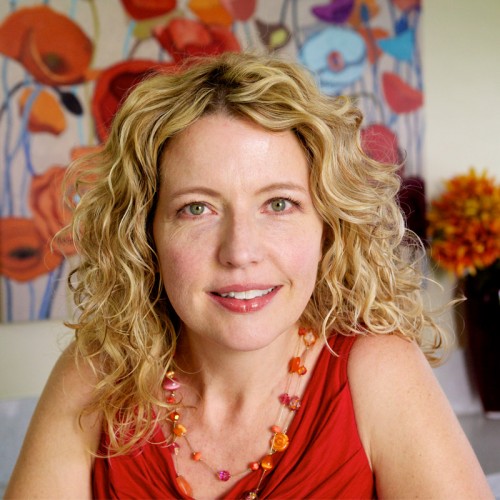 Students who work in clinical psychiatric pharmacy today have a totally different experience than Julie Dopheide did when she began working at LAC+USC Medical Center back in the late 1980’s.
Students who work in clinical psychiatric pharmacy today have a totally different experience than Julie Dopheide did when she began working at LAC+USC Medical Center back in the late 1980’s.
“Technology, such as smart phones and electronic health records, has made it easier for students to find information but in psychiatry, students quickly learn that it is also essential for them to develop a rapport with both the patient and with colleagues on the health care team,” says the professor of clinical pharmacy at USC Mann.
Student pharmacists work with adolescents and adults with diagnoses that range from autism to bipolar disorder to schizophrenia. They meet with their patients regularly on the inpatient unit or in the clinic. The students provide medication counseling and clinical monitoring. They help track weight gain and tremors – two common side effects of antipsychotics and mood stabilizers.
After a six week rotation, I remember a fourth-year student pharmacist telling me , “I liked leading medication groups best, it was rewarding to have my patients thank me for helping them effectively take their medications and avoid side effects. This made them more adherent and ultimately healthier. A recently married 22-year old with bipolar disorder expressed appreciation for learning which mood stabilizers were safest during pregnancy.”
Dopheide, who is the current president of the College of Psychiatric and Neurologic Pharmacists, is dedicated to making sure students learn that mental health is just as important as physical health. As part of teams that evaluate and treat both children and adults, “they see entire families become healthier when one member gains control over a mental illness through appropriate pharmacotherapy,” she says. “The benefits can be enormous.”

